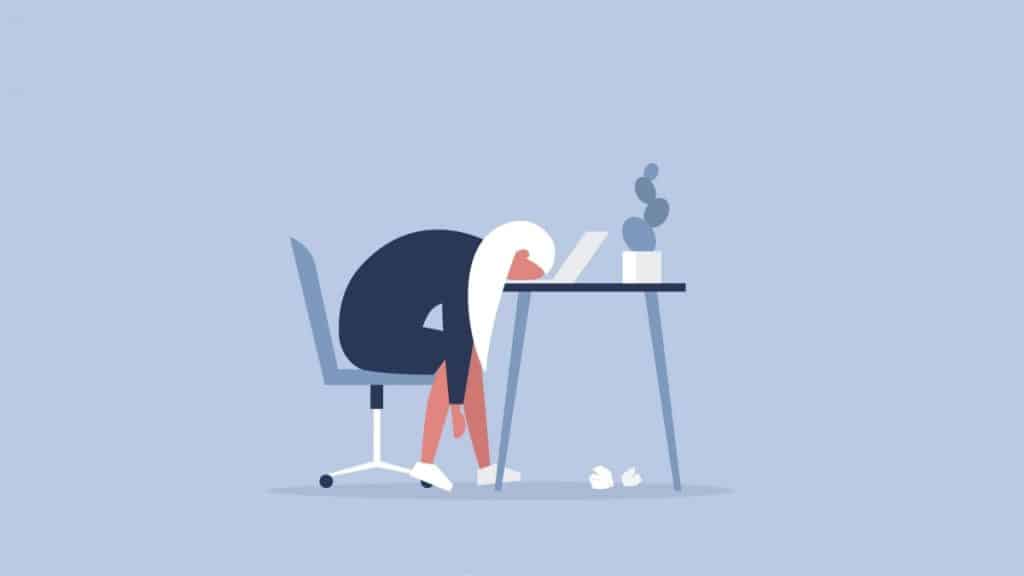Burnout is not a new problem, but in recent decades it has become especially relevant. Expanded opportunities for career and professional growth lead to the fact that some people literally spend all of their time working. As a result, they have no time, let alone a personal life. Even elementary rest and vacation become a luxury. As a result, there are huge problems with physical and mental health.
Burnout can manifest itself in different ways. Some people get very tired, others may start to wonder what to do when bored at work. One thing unites them — a feeling of hopelessness.
There are two ways to deal with it: the first is to cope with the burnout that has already begun, the second is to prevent it. Since few young people at the beginning of their careers think about burnout, the first option is more relevant and requires special attention.
To solve a problem, you need to recognize it. Therefore, the fight against burnout begins with identifying its signs. Read this article if you want to know how to deal with burnout.
Step One: Identify your Signs of Burnout
Burnout is not a superficial problem invented by psychologists and sociologists. Burnout is a syndrome recognized by the World Health Organization, which has its own symptoms:
- Emotional exhaustion (feeling of emptiness)
- Physical exhaustion (insomnia, decreased immunity)
- Decreased mental activity
- Decrease in professional efficiency
All these signs are very similar to common fatigue. To some extent, it is. The difference is that fatigue disappears after several days or sometimes even hours of rest. When burned out, a person cannot recover for a long time.
If you feel tired all of the time and you don’t want to work or spend time with friends and family, and this state has been going on for a certain period of time, it’s most likely you have the syndrome of emotional and professional burnout.
An interesting fact is that burnout can occur not only from overwork but also from insufficient workload and loss of interest in work.
Step Two: Take Action
Unfortunately, most often burnout becomes apparent at its extreme stage. Many at this point already need the help of professionals. Because of the syndrome unnoticed in time, thousands of people at the peak of their careers were forced to look for quieter and less stressful jobs. In order not to be among them, you need to follow a few simple tips.
1. Learn to Deal with Stress
Stress is a normal response of the body to stimuli. Positive stress comes from good news and nice surprises. As a rule, this condition does not require correction, and the body itself returns to normal. Negative stress rarely goes away on its own. It accumulates and has a snowball effect.
Determine what is causing you negative stress. It can be a colleague, a boss, tasks of increased complexity, regular mistakes. After that, you need to correct the situation: minimize communication with that colleague, try to optimize your relationship with your manager, take additional courses and training so that you can solve complex tasks more easily.
2. Don’t Let Work Affect your Life
Leave work at work. Behind the doors of the office, you will find a whole world full of love, beauty, and interesting people. Do not bring negativity, irritability, and negative emotions into your life, even if you find it next to impossible.
3. Quit
This is a radical but very effective step. Analyze what you can do to make a difference in your current workplace. If not, then leave without regret. No money will buy you the opportunity to be healthy, loved and happy. Only those who manage to find a balance between work and personal life can avoid burnout.

